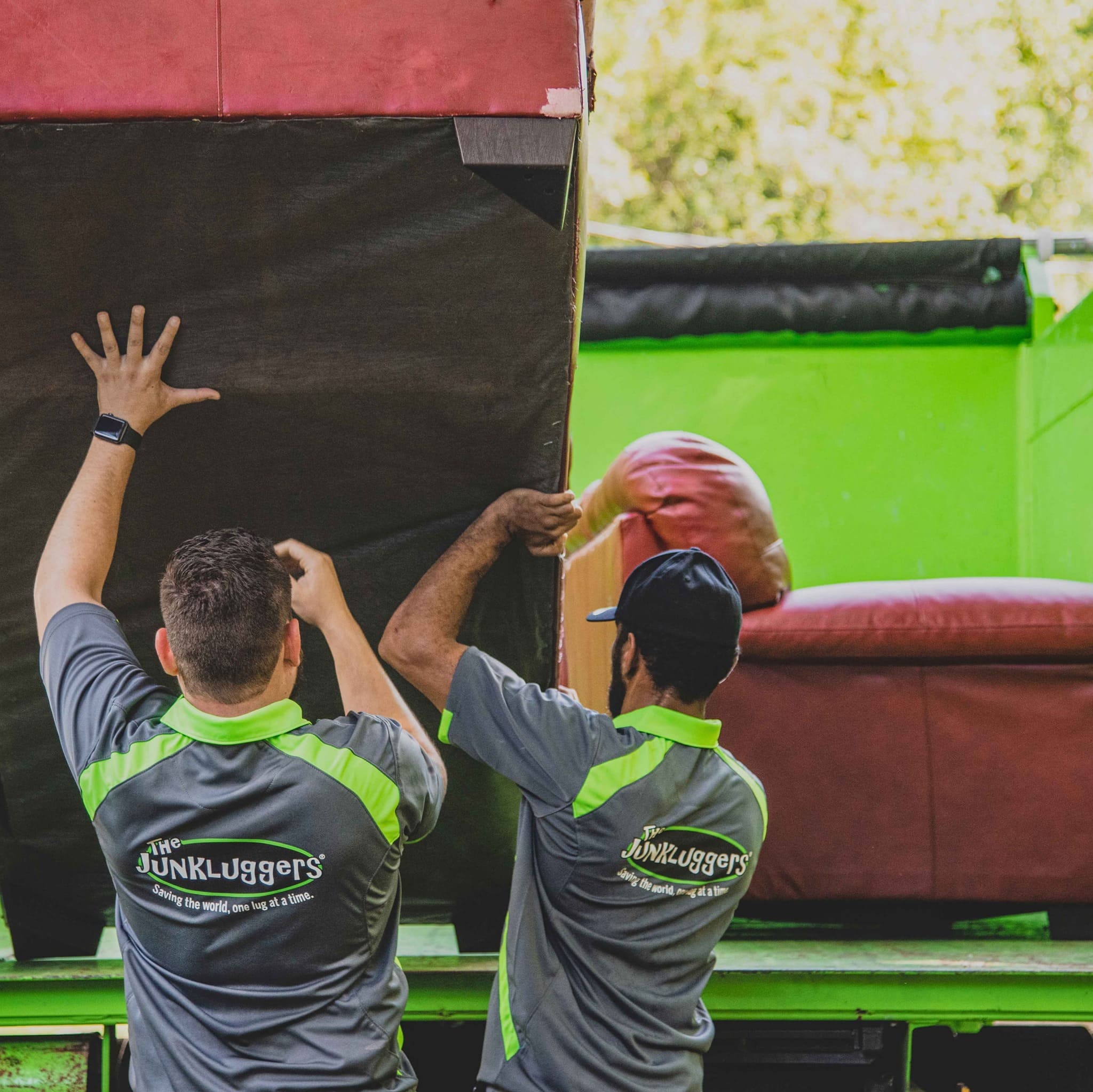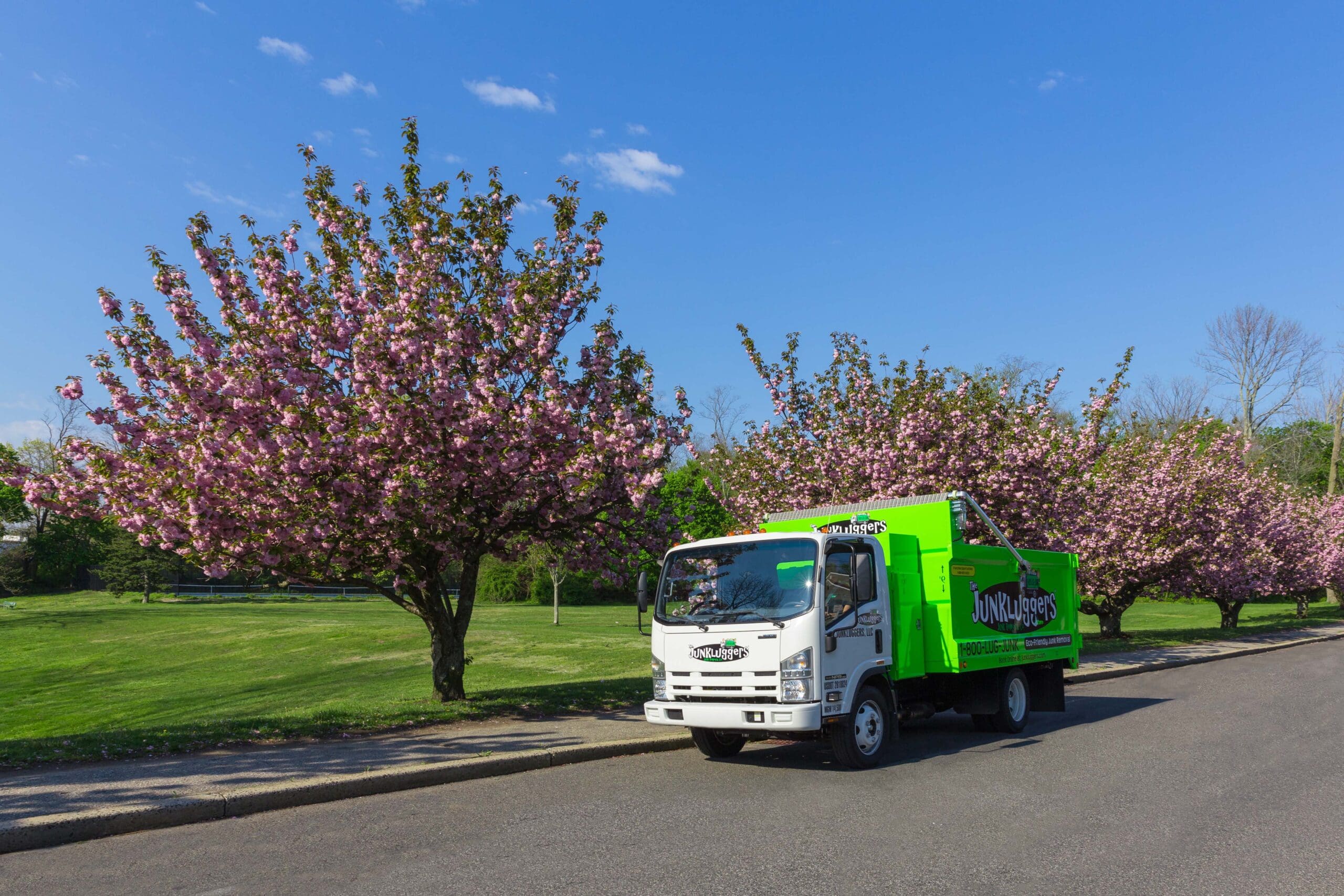
The junk removal business is a growing sector within the broader landscape of service businesses. From clearing out old furniture and appliances to hauling construction debris, the demand for junk removal service continues to rise. For entrepreneurs looking to enter this space, franchising offers a structured path backed by support, branding, and a established business model. But before signing a franchise agreement, it’s crucial to understand the costs involved, particularly the various franchise fees that come within the territory.
Understanding the Junk Removal Franchise Structure
When considering a junk removal franchise, one of the first things to examine is the business model offered by the franchisor. This includes understanding how the company earns money, what support is provided to the franchise owner, and the required systems and processes.
Franchise opportunities in the junk removal industry range from well-known names to smaller regional brands. These franchises typically operate as home service providers, offering junk hauling, light demolition, and sometimes related services like moving or dumpster rental. Each franchise opportunity will come with its own structure and terms, laid out in detail in the franchise disclosure document (FDD).
Initial Franchise Fee: The First Step
The initial franchise fee is the upfront cost paid to the franchisor to gain the rights to use their brand, systems, and support. In the junk removal business, this fee generally ranges between $30,000 and $50,000, though it can vary based on the size of the territory, market demand, and brand recognition.
This fee grants you access to the franchisor’s operational training, marketing materials, and initial support. For a first-time business owner or someone new to service businesses, this initial investment can be well worth the guidance and structure provided.
Estimated Initial Investment and Startup Costs
Beyond the initial franchise fee, you’ll need to budget for your estimated initial investment. This includes startup costs like:
- Equipment and truck leasing or purchases
- Insurance
- Licensing and permits
- Local marketing and signage
- Technology and software fees
- Uniforms, fuel, and landfill fees
Startup costs for a junk removal franchise often range between $90,000 and $1,000,000, depending on location and market size. Be sure to review Item 7 in the FDD, which outlines the estimated initial investment in detail.
Additional Funds and Operating Costs
In your first year, additional funds are often required to cover day-to-day operating costs. These include wages, fuel, advertising, and landfill fees. Many franchisors require franchise owners to have a certain amount of working capital available to sustain the business during its early stages.
Other recurring fees to consider include:
- Royalty Fees: Typically 6% to 10% of gross sales.
- Marketing Fees: Often 1% to 3% of gross sales for national or regional advertising.
- Technology Fees: Charged for CRM, scheduling, and other digital tools.
Understanding these costs is essential for creating a sound business plan.
The Role of the FDD and Franchise Agreement
The franchise disclosure document is your most important resource when evaluating franchise costs. The FDD outlines all required fees, expected revenue streams, and detailed information about the franchisor’s history and support system. Make sure to consult the FDD and seek advice from a franchise attorney before signing the franchise agreement.
Pricing Your Junk Removal Service
Once you’re up and running, determining your pricing strategy is critical. Most junk removal businesses price services based on volume (how much space the items take up in the truck) and the type of items being hauled. You’ll also need to account for local landfill costs, labor, travel time, and other overheads.
The franchisor often provides pricing guidelines based on market research and existing franchisee data, helping maintain consistency across the brand.
Building Your Business Model and Revenue Streams
A strong business model is more than just hauling junk. Successful junk removal franchise owners diversify their revenue streams through services like:
- Property cleanouts (estate, foreclosure, eviction)
- Office and commercial junk removal
- Light demolition (e.g., sheds, hot tubs)
- Dumpster rental partnerships
- Moving assistance
These additional services help maximize your profit margin and attract a wider customer base.
The Step-by-Step Cost Breakdown
Here’s a simplified step-by-step breakdown of the franchise costs:
- Initial Franchise Fee: $30,000 – $50,000
- Equipment and Vehicles: $40,000 – $80,000
- Real Estate or Home Office Setup: $0 – $5,000
- Licenses, Insurance, and Legal: $5,000 – $10,000
- Pre-Opening Marketing and Signage: $3,000 – $10,000
- Training and Travel Costs: $2,000 – $5,000
- Additional Funds (first 3-6 months): $20,000 – $40,000
These numbers will vary based on the franchise offers you’re evaluating, and should always be cross-checked with the FDD.
What Entrepreneurs Should Consider
For entrepreneurs evaluating franchise opportunities, cost is only one part of the equation. Support, brand strength, market demand, and your ability to manage labor and logistics all matter. Junk removal is a physically demanding home service that requires strong operational discipline, effective local marketing, and reliable customer service.
Consider your long-term goals and what kind of support you need. Some franchisors provide extensive training and ongoing coaching, while others take a more hands-off approach.
The Franchisor-Franchisee Relationship
Your relationship with the franchisor is central to your success. A good franchisor offers:
- Training on service delivery and pricing
- Ongoing marketing support and national advertising
- Lead generation and referrals
- Technology platforms for scheduling and payment
- Field support and business coaching
This partnership can make a significant difference in how quickly you reach your goals.
Final Thoughts
Breaking down franchise fees in the junk removal business gives entrepreneurs a clear picture of the true cost of getting started. While franchise costs can be substantial, the tradeoff is an established business model, brand recognition, and ongoing support. Be diligent in reviewing the FDD, crafting your business plan, and comparing franchise offers. The right opportunity can lead to long-term success in the growing junk removal industry.
Disclaimer: This article is for informational purposes only and does not constitute legal or financial advice. Always consult with a professional before making a franchise investment decision.
Recent News
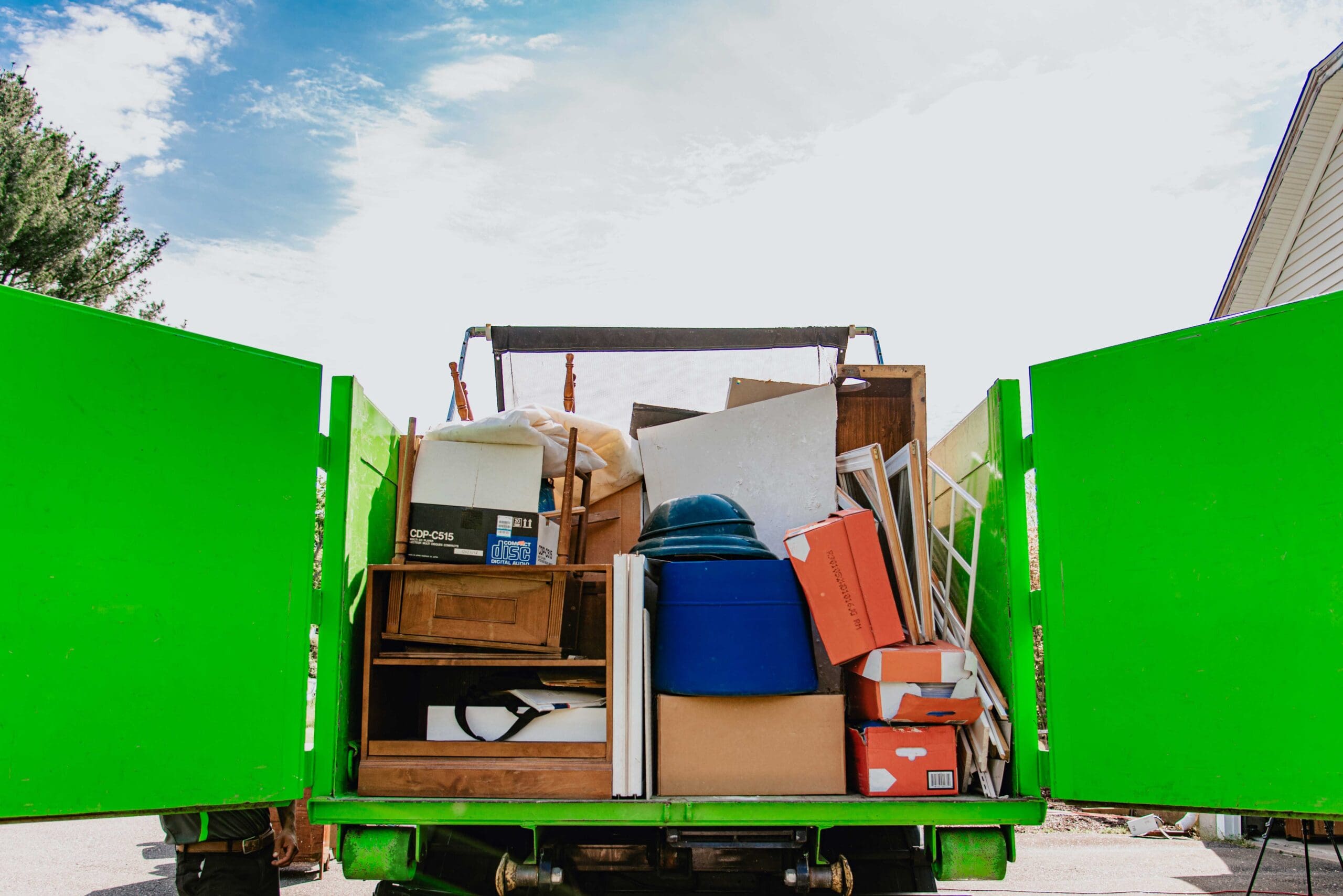
The Ultimate Guide to Starting a Junk Removal Business
November 25, 2025
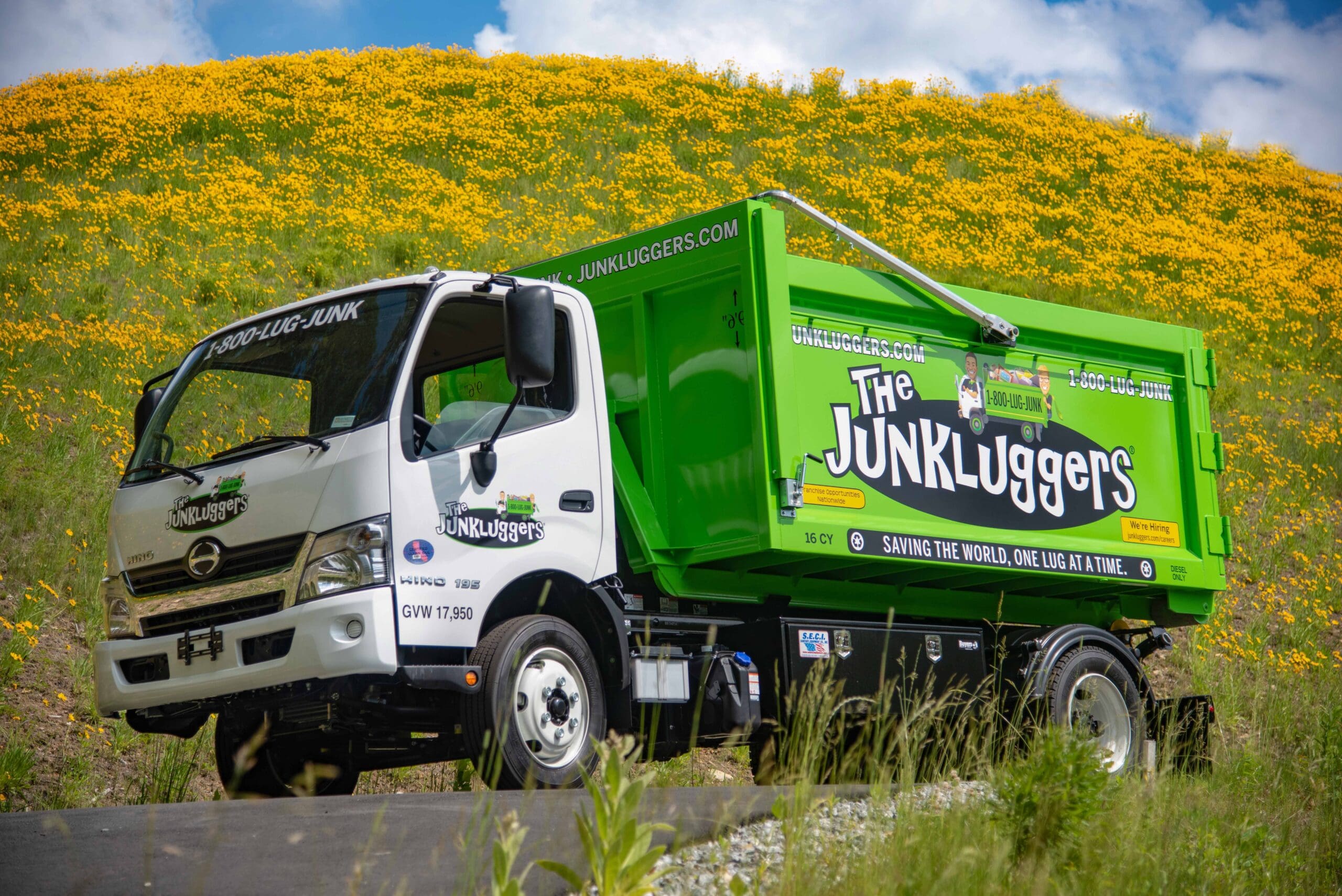
Best Franchise to Own in 2025
April 1, 2025

Why Start a Business in Ohio
March 5, 2025

Businesses in Orlando
February 3, 2025
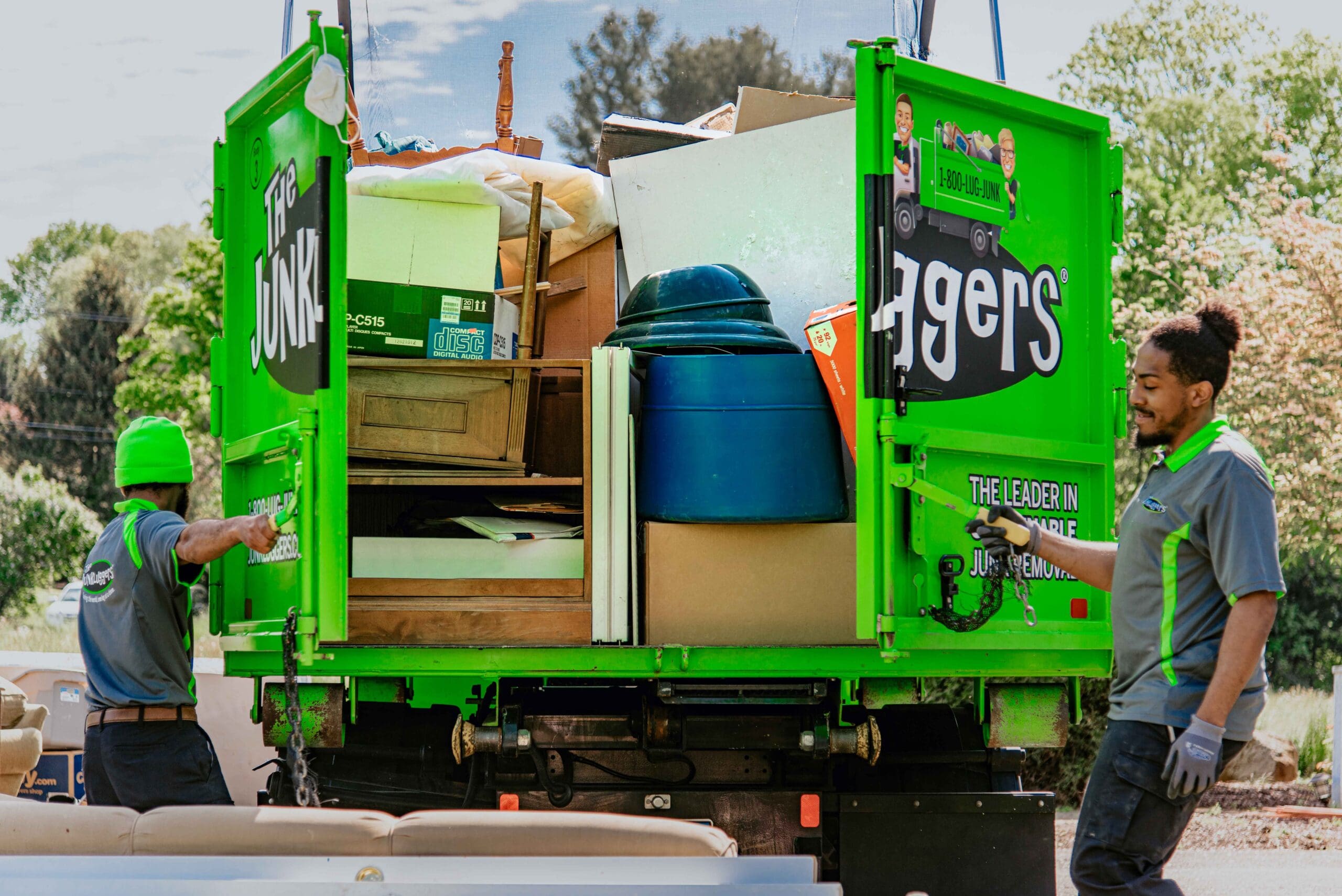
Redefining Waste Removal
February 3, 2025

Why Franchise in San Francisco
January 7, 2025
